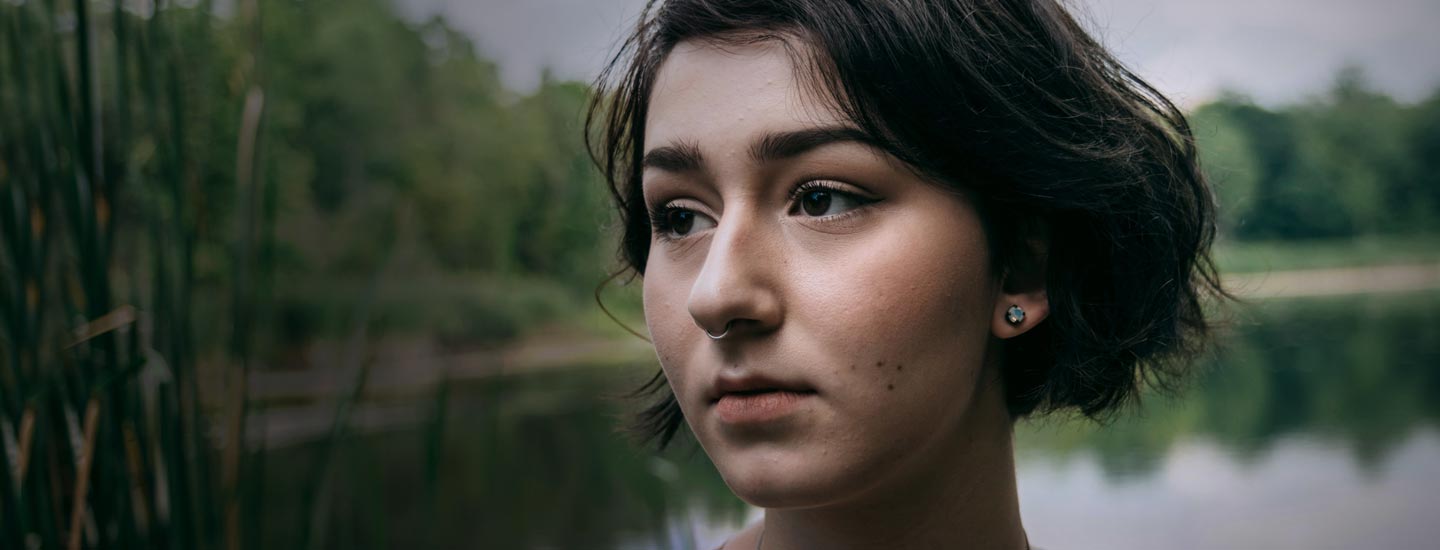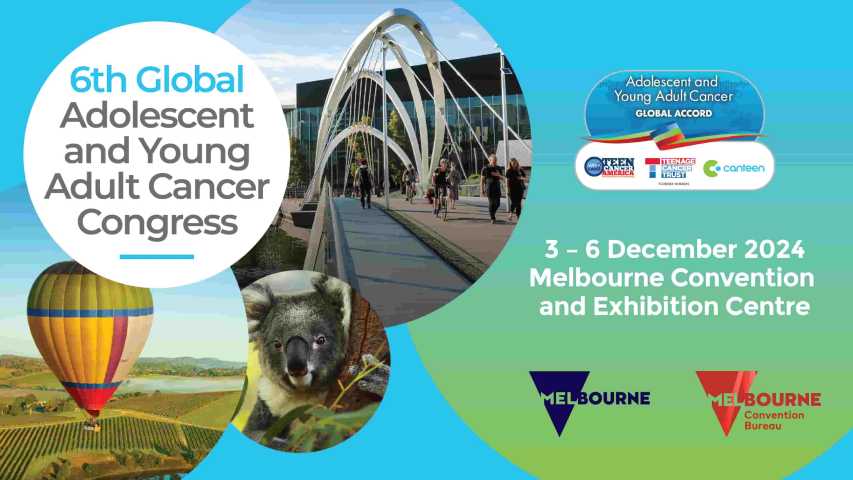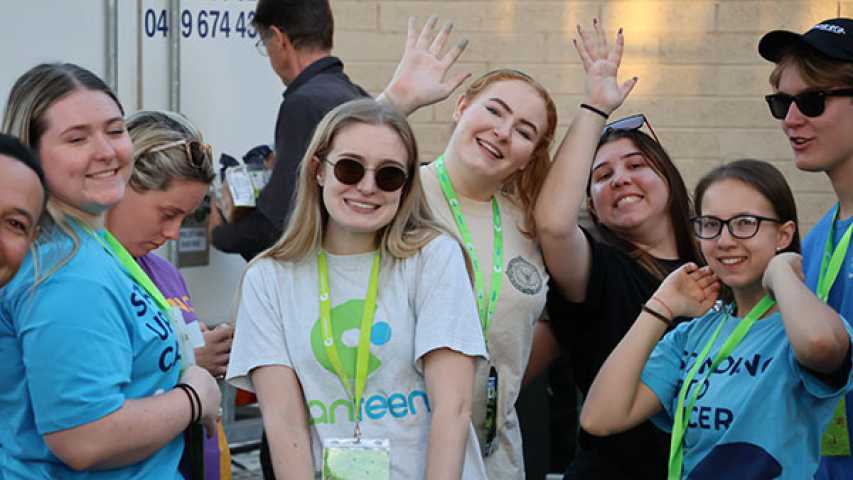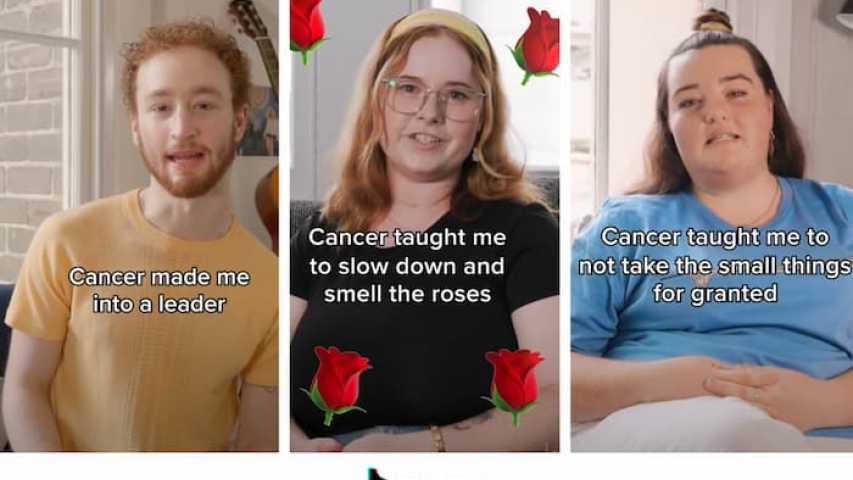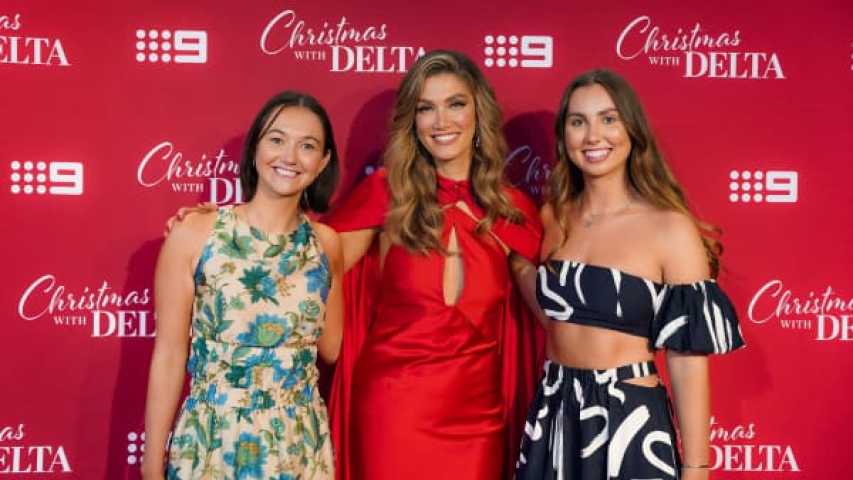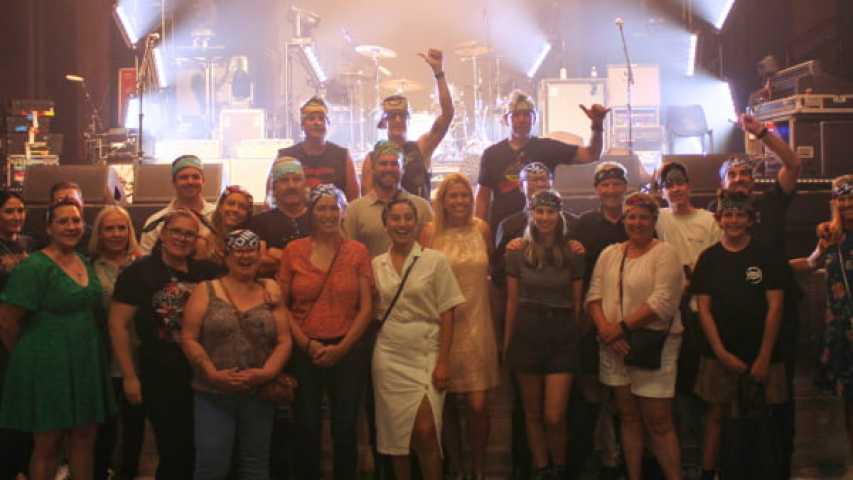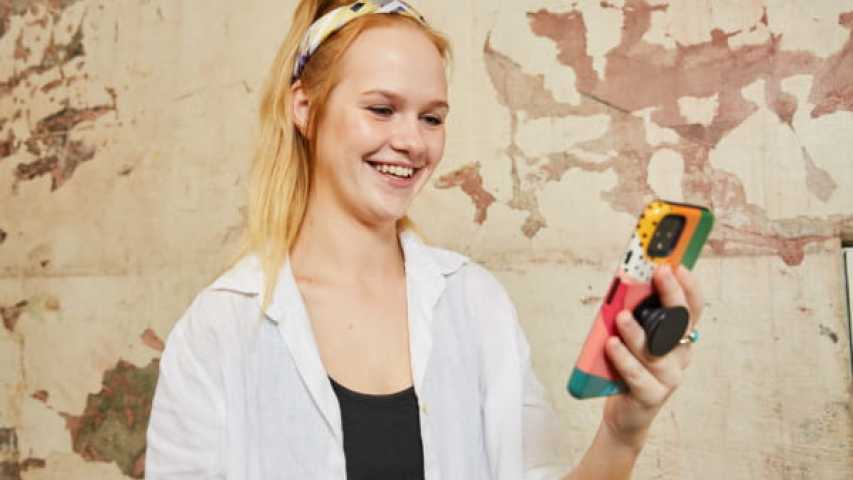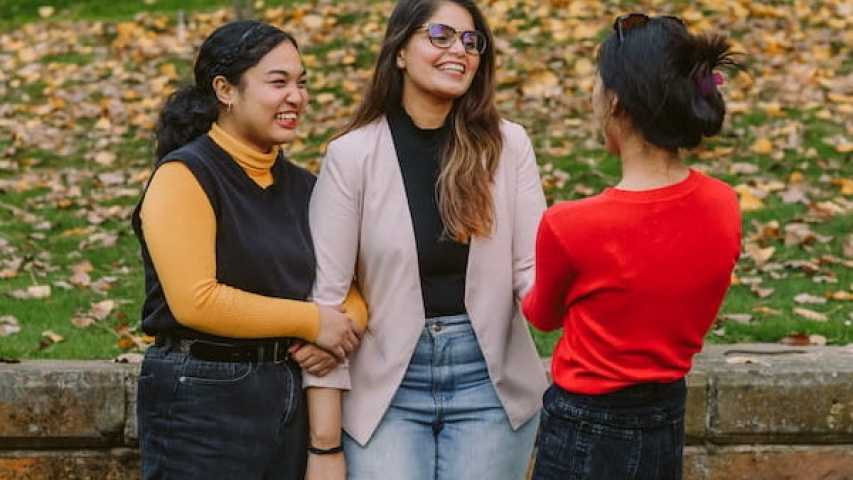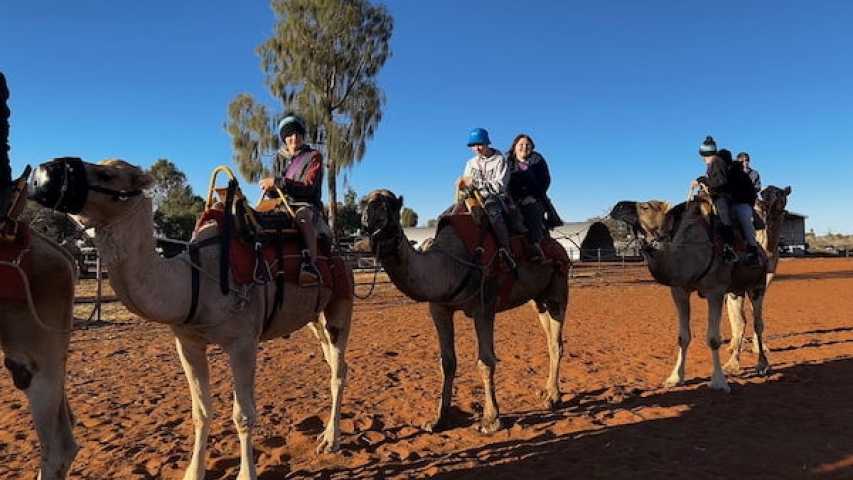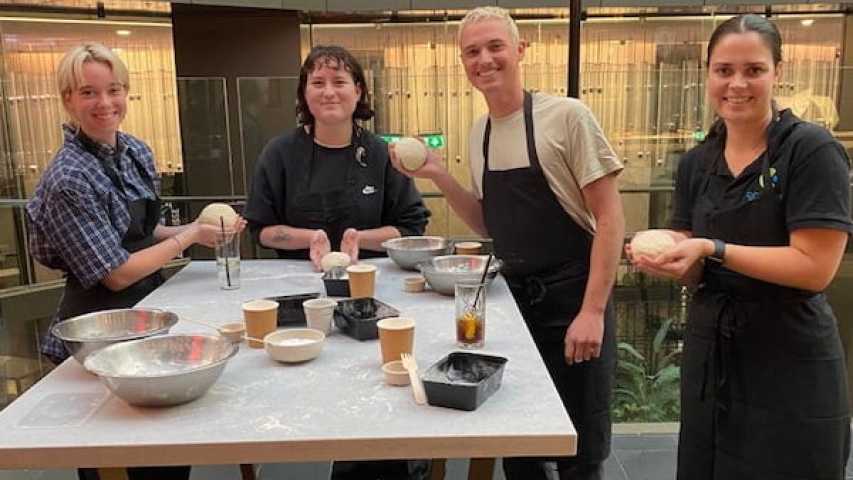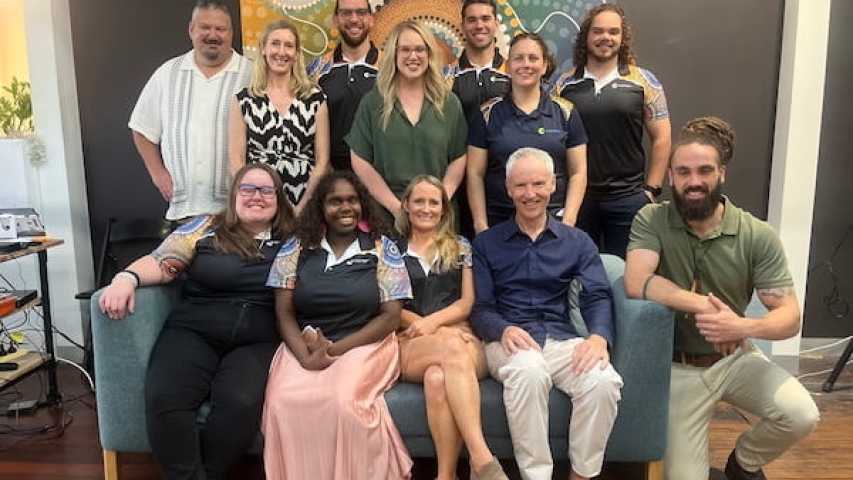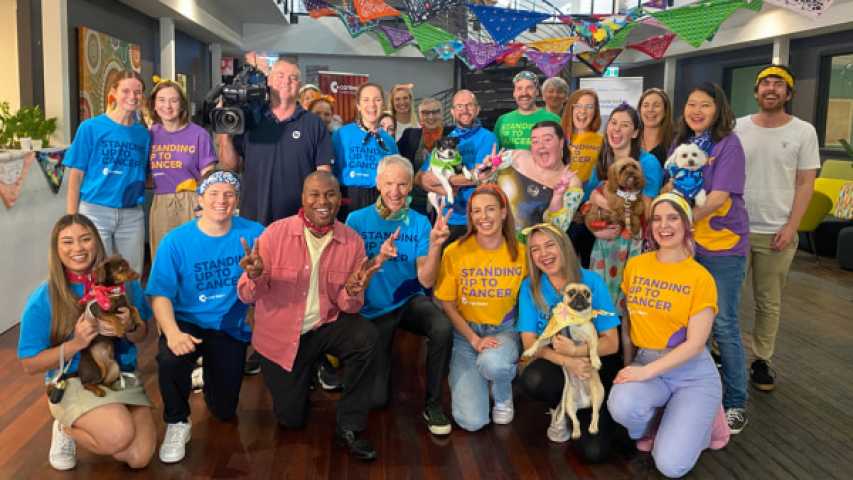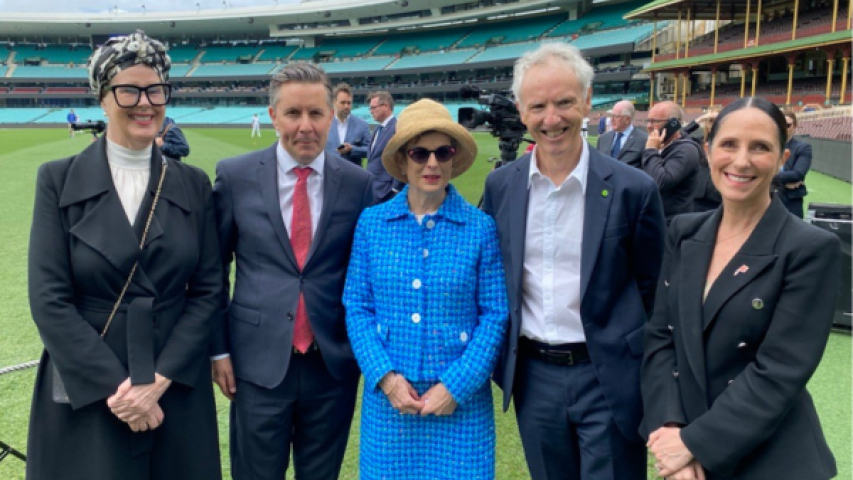By Fiona McDonald, Research Manager at Canteen and Adjunct Lecturer, Faculty of Medicine and Health, The University of Sydney
A lot of the work our research and evaluation team do is based on better understanding what it’s like to be a young person with cancer, including the sometimes elusive idea of friendship and connection. How do we measure that? What value do we get from it? And how do adolescents and young adults – in Canteen’s case any young person aged 12-25 – feel about their cancer experience and how this can change how they connect to each other?
In a recent paper published in the Journal of Psychosocial Oncology, we took a deep dive into ‘Being a teenager and cancer patient: What do adolescents and young adults with cancer find valuable and challenging with their friends and cancer peers?’.
The paper notes that this group is sometimes called ‘cancer’s lost generation’, because even through cancer survival rates for those aged 12-25 are improving, the short- and long-term impact of cancer touches every part of a young person’s life, including the physical, psychological, financial and social worlds. And this experience can stay with them forever.
Why can cancer be worse for adolescents and young adults?
Take yourself back to your teenage years and think about the things that were big for you back then. Things like deciding on a career, body image, making money, boyfriends and girlfriends, independence, exploring your sexuality, and keeping friends and making new ones. And think about how central your friends were to everything in your life at that time.
Adding cancer to this mix can be life-changing. All of the things you just thought about can go from possible to impossible. Friendships can simply disappear. Connections you thought would last a lifetime can fade. And in fact at Canteen we use the phrase; ‘when cancer crashes into your world’ because this is exactly what our young people tell us it feels like.
What do young cancer patients value from friends and peers, and what’s challenging for them?
According to the paper, from their friends, young people with cancer value:
- connection;
- support and understanding; and
- being able to be a normal teenager.
They find challenging:
- having closer, difficult or changing relationships;
- lack of understanding about their cancer; and
- reminders of their illness, such as when their friends can do things they can’t, or if their friends forget about their cancer.
From their peers (other young people with cancer), they value:
- a shared cancer experience;
- advice; and
- doing regular things with people who get what it’s like to have cancer.
They find challenging:
- mortality, such as seeing friends relapse or die
- worries around relapsing and feelings of guilt if they’re healthy;
- practical difficulties due to cancer type and treatment.
From this evidence we can see that there is unique value in having both friends and peers involved during a cancer experience, and that both groups can provide very different types of support.
But there was one overarching element that binds the two groups – that sense of being a ‘normal’ adolescent, both one with cancer and one without.
How do we go from ‘lost’ to connected?
Apart from the very real implications this information has on how we can improve support services at Canteen to better connect AYA patients with each other, it’s clear that both the young person and the cancer patient need to be considered.
This is especially important right now, where we’ve seen huge spikes in our young people reaching out for support, both from their peers and our counsellors. Yes, this is compounded due to COVID, but it was also there before the global pandemic.
We’ve seen this same increase in need with our counterparts at Lifeline and Kids Helpline. And because of our focus on peer connection and support here at Canteen, we know that friendship and social interaction remains critical to coping with a cancer experience. By critical I mean that remaining connected to those around us – and making new connections with people who really ‘get it’ – can make all the difference. Take a look at our ‘robots’ program to see how we’re helping teenagers stay connected with their school friends.
Please remember too that young people aren’t great at asking for help – particularly young men. And so perhaps the onus is on us to reach out – asking R U OK? – and making it easy for them to understand and take up the free support services that we know can help them.
Here at Canteen it’s all about Canteen Connect (that’s 24/7 connection with other young people dealing with cancer plus a confidential counselling service), and of course coming along to our ‘face-to-face’ programs and recreation days that happen across Australia. We also have a resource specifically for friends of young people diagnosed with cancer – because how can you stay connected when you’re worried about saying the wrong thing? It can be really awkward for young cancer patients to give this to their friends directly, so please talk to us about the best way to do this.
I’m going to leave you with a quote from one of our youth ambassadors, Harry, who will be sharing his story as part of our tax appeal this year:
“It's single-handedly probably one of the strongest bonds you can form with people, because it's one of those things that excruciating trauma will always form bonds with people who have shared that experience.
“I think I spent a lot of my time trying to figure out who I was in that situation because I felt very powerless for a lot of it. And suddenly I felt like all of this power had come back to me because I understood what my story meant in everything else, so I understood my place and I had a place to be as well, in which I could be totally myself without inhibition, without any problems, without anything.”




